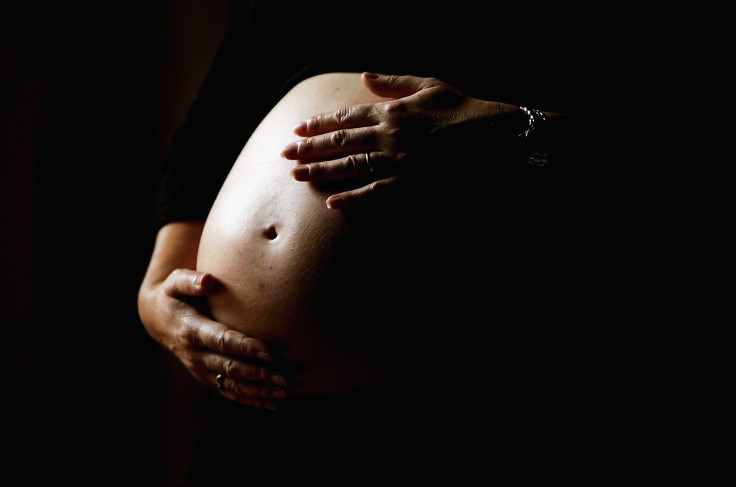Eating Placenta Provides New Moms Few Health Benefits, Study Says

Consuming encapsulated placenta has become all the rage among new moms, but new research suggests that it offers little to no benefits in aiding postpartum depression, fatigue and maternal bonding. Published on Nov. 23 the journal Women and Birth, researchers from the University of Nevada, Las Vegas (UNLV) compared placenta pills and placebo pills to determine their findings.
Eating placenta in pill form is on the rise as celebrities like Kourtney Kardashian and Alicia Silverstone advocate the practice's benefits. The process is made easier by placenta specialists that help to encapsulate it. It has been widely debated whether the consumption of placenta is beneficial to new mothers, which is what UNLV researchers intended to determine.
The study, which was led by UNLV's Department of Anthropology and School of Medicine, examined 12 women who ingested placenta pills and 15 who ate placebo capsules in the weeks following their childbirth. While the researchers tested the efficiency of placenta encapsulation, its findings didn't support said associated benefits after no significant differences were discovered.
"Placentophagy supporters may point to the fact that we did see evidence that many of the hormones detected in the placenta capsules were modestly elevated in the placenta group moms," Prof. Daniel Benyshek, senior author of the study, said in a news advisory. "Similarly for skeptics, our results might be seen as proof that placentophagy doesn't 'really work.'"
"We did not find the type of clear, robust differences in maternal hormone levels or postpartum mood between the placenta group and placebo group that these types of studies are designed to detect," Benyshek added.
The results did confirm that the placenta pills created small, distinguishable changes in hormone concentrations that can be spotted in a mother's hormone levels.
A number of potential benefits have been associated with placenta encapsulation. Reduced post-partum depression, improved lactation and enhanced energy have been reported as benefits of placentophagy. The practice is said to be safe if the capsule is consumed by the mother alone, but doctors have advised against ingesting placenta.
"Don't eat your baby's placenta," said Dr. Amos Grünebaum, a professor of clinical obstetrics and gynecology at Weill Cornell Medical College, according to Live Science. "There are no benefits, and there are potential risks."
© Copyright IBTimes 2024. All rights reserved.












